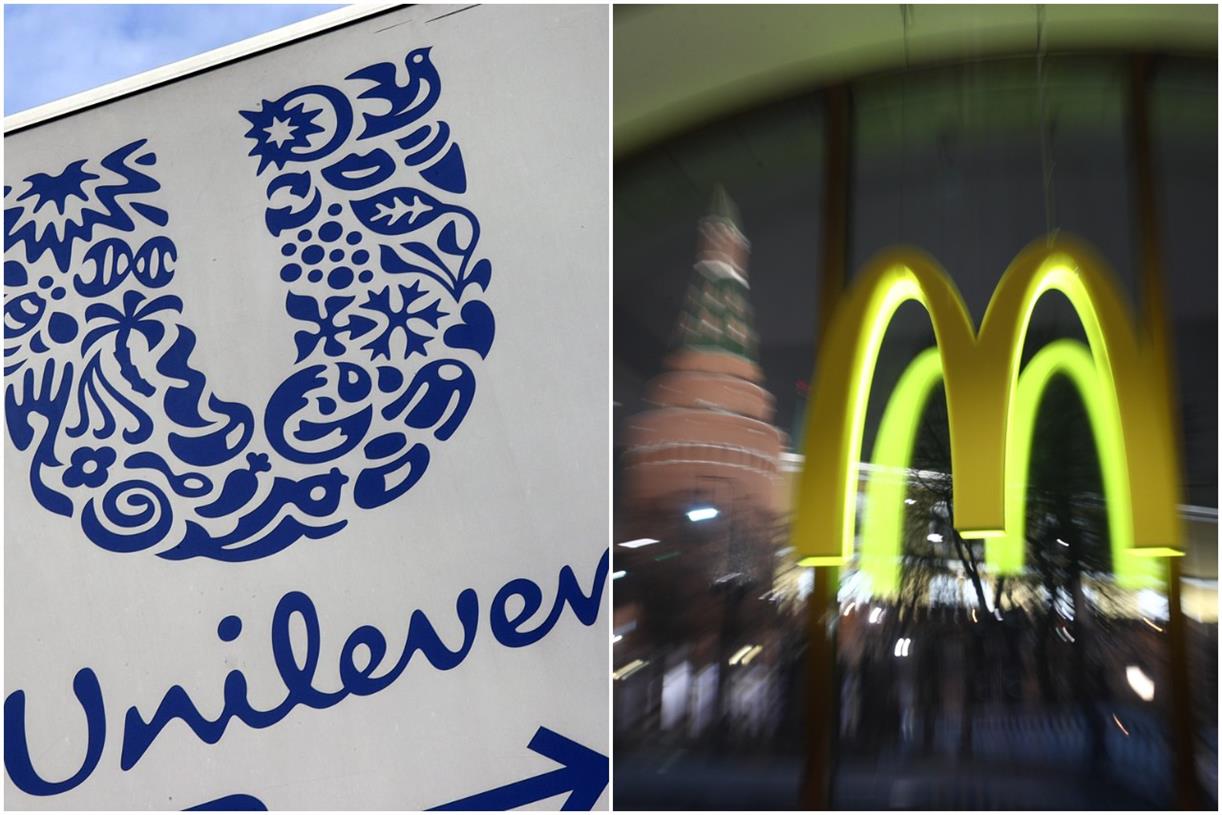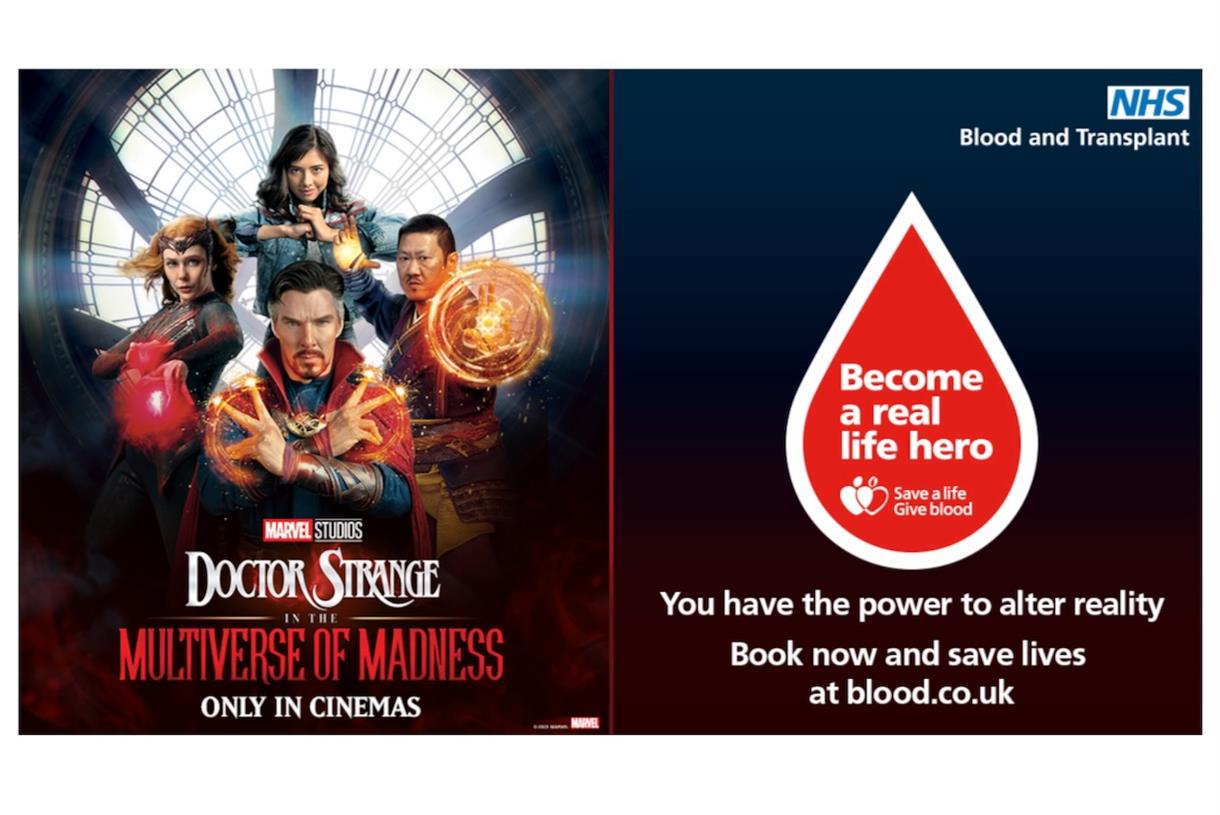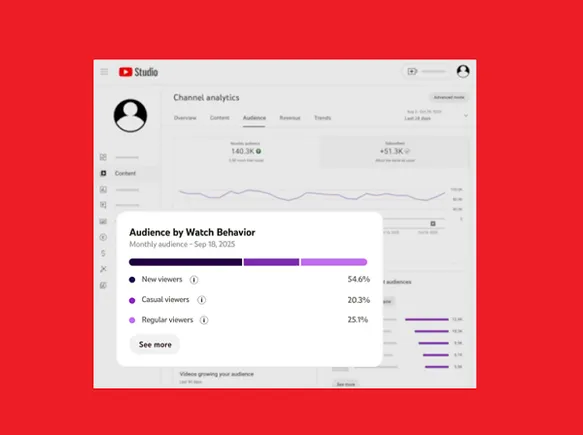Importance of User-Generated Content in Tourism Marketing and How to Implement It
In today’s digital landscape, no company can survive without an online presence. As customers shift to online media, companies must divert their marketing efforts to the digital world. However, digital marketing can sometimes be routine and unengaging as many...

In today’s digital landscape, no company can survive without an online presence. As customers shift to online media, companies must divert their marketing efforts to the digital world. However, digital marketing can sometimes be routine and unengaging as many companies delve into the same marketing strategies.
This is especially true for tourism companies, which require engagement from users. Right now, the major trend in tourism marketing is to involve customers and foster deeper connections with their audiences, giving rise to user-generated content (UGC) as a digital marketing tool. Read on to know the importance of and common strategies you can use to leverage UGC in tourism marketing:
Importance of UGC in Tourism Marketing
UGC refers to any form of content created by customers rather than the brand itself, such as user reviews or photos and videos captured by your customers. Nielsen’s Global Trust in Advertising reported that 70% of consumers trust online customer reviews, a form of UGC, over other advertising. Here are some key reasons why it is important:
1. Building Authenticity
By encouraging and sharing user-generated content on social media, you create the impression that your brand makes individuals interested and enthusiastic about it. UGC also feels more authentic to prospective customers as it comes directly from the individuals who have used your services and feels more organic and real.
Potential tourists can see firsthand accounts of destinations, hotels, and activities, fostering a sense of authenticity. It also makes it easier for potential tourists to envision themselves having similar experiences, and this relatability enhances the credibility of the content.
2. User Engagement
UGC is particularly important in tourism for the user engagement it brings. Unlike a product that your customers can later return, they are purchasing an experience, and your previous customers serve as the social proof of the experience’s value. User engagement is of utmost importance in tourism marketing; prospective users want to connect with and hear about your previous customers’ experiences before deciding to avail of your service.
This also allows for community building. When one actively responds to user content through liking, commenting, or sharing, they build stronger relationships with the community. Similarly, when the tourism company uses user-centric content, it fosters a deeper sense of connection with the audience.
3. Cost Effectiveness
UGC provides a constant influx of fresh and diverse material at a minimum cost to the company. Travelers create and share photos and videos anyway; the only thing a tourist company needs to invest in is to repurpose them for their marketing campaigns. As such, the need for expensive photoshoots, video productions, and content creation teams is eliminated.
Similarly, the reach of UGC content is organic, and companies don’t need to spend a lot to spread the content. Through social sharing, there is usually enough organic reach for high-quality UGC to significantly amplify your tourism company. Similarly, you can engage with micro-influencers or everyday travelers to further enhance reach.
4. SEO and Online Visibility
UGC is an important way to improve your SEO and online visibility. Search engines favor websites that regularly update their content, and UGC provides a constant stream of new material. User-generated blogs also include a variety of keywords and phrases that are more diverse than what your SEO teams can come up with. Similarly, users write in a natural, conversational tone, so long-tail keywords can be incorporated more naturally. This way, you can rank better for niche and specific search queries.
Strategies for UGC
Here are some marketing strategies that leverage UGC:
1. Create Branded Hashtags
Companies have been leveraging hashtags since digital marketing arose as a concept. Branded hashtags are unique hashtags that companies create specifically for their marketing campaign and encourage users to use them in their posts. To create an impactful branded hashtag, ensure it is memorable and directly associated with the brand so it can collect and categorize UGC.
A suitable hashtag will be short and sweet; if it is too complex, users may misspell the words, and it will not register well online. Make sure you create a phrase that stands out so it is easier for users to recall and associate it with your tourism company. It should reflect your brand identity and values and encourage users to participate. You can do it by including a clear call-to-action in your posts, such as “share your moments by using #BrandedHashtag in your posts.”
Make sure your hashtag does not have any unintended meaning or negative associations that may negatively impact your brand. A digital marketing agency like EnvisionIt can help you come up with impactful branded hashtags.
2. Run Contests and Giveaways
You can hold giveaways or contests as a tool to motivate content creation among your audience. They leverage the natural human desire for competition and rewards, encouraging users to engage with your brand and produce content actively. They do so by creating a sense of excitement, community, and urgency, prompting users to engage with your brand quickly and frequently. When they win a contest or giveaway, they are likely to flaunt it on their social media, creating UGC for your company.
The types of contests depend upon the choice of social media platform. For example, photo contests of the destination sites or caption contests are best suited for Instagram, while dance challenges or duet contests can work best on TikTok.
3. Feature Customer Testimonials
Your prospective users would love to hear about your services from your existing customers who have already gone with your tourism company. Customer testimonials and stories build trust and credibility and serve as social proof of your claims. They also create an emotional connection between the brand and its audience and influence purchase decisions.
You can get customer stories in many ways. One-on-one interviews with your customers are an easy and popular way to gather in-depth stories that can be featured on your website. Record video interviews with customers sharing their positive experiences and share them on your socials. Similarly, user-generated content campaigns can be run to collect testimonials, in which you encourage customers to share their stories in exchange for prizes or to be featured on your website.
Endnote
User-generated content can be a powerful digital marketing tool, especially for tourism companies. It provides authenticity and trust to your marketing campaigns, making them engaging and multi-dimensional.
Through marketing strategies like branded hashtags, contests, and customer testimonials, you can generate UGC to feature on your website and social media.

 Astrong
Astrong 








![How 500 Marketers are Leveraging Instagram Shopping Tools [Data]](https://blog.hubspot.com/hubfs/instagram-shopping-tools-2.jpg#keepProtocol)























